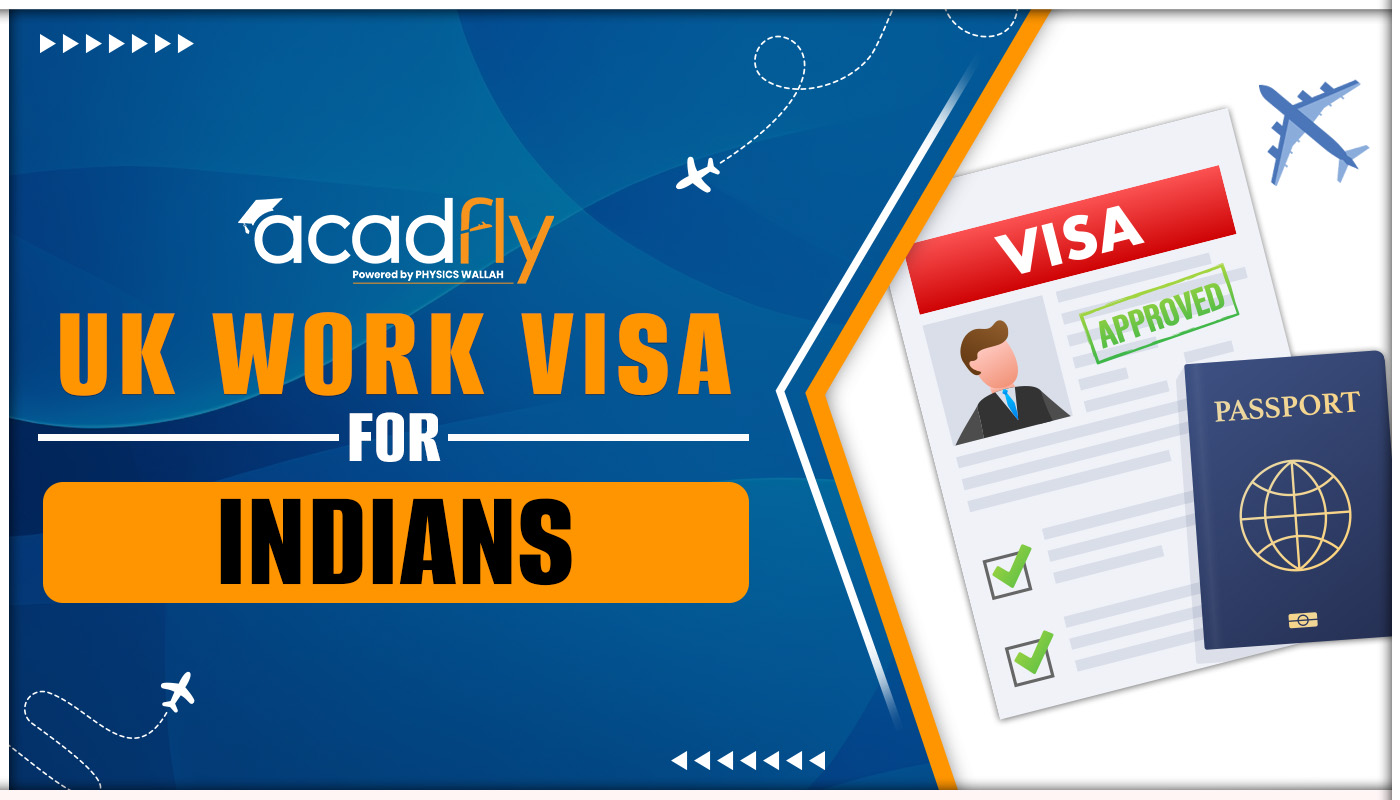
Studying abroad can be an enriching experience, and for students in the Netherlands, the opportunity to work alongside their studies adds another layer of value. The Netherlands, known for its high-quality education and international student community, offers various opportunities for students to work while studying. However, balancing academics and part-time work requires a clear understanding of the rules and regulations. This article explores the possibilities, limitations, and guidelines for students who wish to work while studying in the Netherlands, along with strategies to successfully manage both commitments.
Work While Studying in the Netherlands
The prospect of working while studying in the Netherlands is attractive for international students looking to gain professional experience, support their living expenses, or simply immerse themselves more in Dutch culture. Dutch universities offer flexible programs that allow students to work part-time jobs, but this comes with certain legal restrictions and requirements depending on the student's nationality and the number of hours they wish to work. Understanding these rules is key to maximizing work-study opportunities in the Netherlands.
Part-time Jobs for Students Netherlands
Part-time jobs for students in the Netherlands are widely available, ranging from hospitality roles in restaurants and cafes to administrative jobs in companies and universities. As a student, it is possible to find work that complements your academic schedule, enabling you to earn while you learn. The Dutch job market is relatively open to students, especially in larger cities like Amsterdam, Rotterdam, and Utrecht, where many businesses specifically seek international student workers.
Types of Part-time Jobs for Students
Students in the Netherlands can find part-time jobs in various sectors. Common roles include working in hospitality, such as restaurants and cafes, where flexible hours make it ideal for balancing studies. Retail positions in shops or supermarkets offer convenience with adaptable shifts. Administrative jobs in universities or businesses provide professional experience, while tutoring allows students to earn by teaching subjects they excel in. Language skills and legal work permits may influence job opportunities.
|
Job Type |
Description |
Requirements |
Benefits |
|
Hospitality |
Jobs in restaurants, bars, and cafes. Flexible hours, ideal for students. |
Proficiency in Dutch or English, social skills |
Flexible hours, customer experience |
|
Retail |
Roles in shops or supermarkets (customer service, stocking). |
Basic language skills, customer-oriented |
Flexible schedules, entry-level |
|
Administrative Work |
Office or university administrative tasks, often relevant to the student's field. |
Organizational skills, basic office software |
Professional experience, networking |
|
Tutoring |
Tutoring fellow students or children in academic subjects. |
Strong academic background in specific fields |
Flexible hours, higher hourly pay |
However, securing these jobs may depend on several factors, including language skills, availability, and the ability to meet legal work requirements.
Student Work Regulations Netherlands
Understanding the student work regulations in the Netherlands is crucial for any international student considering part-time employment. These regulations differ for students from the European Union (EU) or European Economic Area (EEA) and those from non-EU/EEA countries.
Work Regulations for EU/EEA Students
For students from EU/EEA countries and Switzerland, the process is relatively straightforward. EU/EEA students have the same rights to work as Dutch nationals, meaning they do not need a work permit to take on a job. They are allowed to work without any hourly restrictions, giving them the freedom to balance their studies with more work hours if necessary.
Work Regulations for Non-EU/EEA Students
For non-EU/EEA students, the regulations are stricter. To work in the Netherlands, non-EU students need a work permit, and their working hours are limited. The key rules include:
Work Permit: Employers must apply for a work permit on behalf of the student. This permit is called a TWV (Tewerkstellingsvergunning), and the student cannot apply for it themselves.
Hourly Restrictions: Non-EU/EEA students are allowed to work up to 16 hours per week during the academic year. During the summer months (June, July, and August), they are permitted to work full-time.
Health Insurance: Non-EU/EEA students who choose to work are required to obtain Dutch health insurance. Even if you already have international student insurance, Dutch regulations mandate specific coverage for those employed in the Netherlands.
Internships: If the work is part of an academic internship, a work permit is not required. However, a signed internship agreement between the employer and the educational institution is mandatory.
Adhering to these student work regulations ensures that you can legally and successfully balance your academic commitments and part-time work without any legal complications.
Balancing Work and Study Netherlands
Balancing work and study in the Netherlands requires effective time management and strategic planning. For many students, working while studying can be a rewarding experience, helping them gain professional experience while supporting their finances. However, it’s essential to ensure that your work does not interfere with your studies.
Strategies for Effective Balance
Prioritize Academics: Your primary goal in the Netherlands is to study, so ensure that your part-time job does not overshadow your academic responsibilities. Make a study timetable and stick to it.
Flexible Jobs: Choose jobs with flexible hours or remote options so you can adjust your schedule around exams and deadlines.
Set Realistic Work Hours: Working too many hours can lead to burnout, which can negatively affect both your academic performance and your well-being. If you’re a non-EU/EEA student, ensure you stick to the 16-hour weekly limit during the academic year.
Seek University Resources: Many Dutch universities offer resources, such as career counselors or job portals, to help students find work. Additionally, they can offer advice on how to maintain a healthy balance between work and study.
By adopting these strategies, students can make the most out of their time in the Netherlands while maintaining a balance between work and study.
Work-Study Opportunities Netherlands
The work-study opportunities in the Netherlands are abundant, especially in cities with large international student populations. Whether you’re looking to gain work experience in your field or simply earn some extra income, the Netherlands has a diverse job market that caters to students.
Internships and University Jobs
Internships are an excellent way for students to gain practical experience while studying in the Netherlands. Many companies, especially in sectors like technology, business, and engineering, offer internships to students who are enrolled in Dutch universities. Unlike part-time jobs, internships are often directly related to your field of study, offering invaluable experience that can enhance your academic knowledge and future career prospects.
For students looking for jobs on campus, Dutch universities also provide a variety of roles, such as research assistants, administrative staff, or tutors. These jobs are often more flexible, as they are tailored to fit student schedules.
Employment Rules for Students Netherlands
Employment rules for students in the Netherlands can sometimes be complicated, especially for international students. It’s important to be aware of all relevant rules and regulations to avoid any legal issues. As mentioned earlier, the rules for working depend largely on your nationality and the number of hours you plan to work.
Employment Contracts and Dutch Labor Laws
Students working in the Netherlands are subject to the same labor laws as Dutch employees. This means that you are entitled to a written employment contract, a fair wage, and a safe working environment. Employers must adhere to the minimum wage laws, and students are also entitled to holiday pay.
For those who are from outside the EU/EEA, employers are responsible for applying for your work permit, and they must adhere to the 16-hour weekly limit during the academic year. It's also important to note that you have the right to health and safety protections, regardless of the number of hours you work.
Employment Rules for Students in the Netherlands
|
Criteria |
EU/EEA Students |
Non-EU/EEA Students |
|
Work Permit |
Not required |
Required (Employer applies for TWV) |
|
Maximum Work Hours (Academic Year) |
Unlimited |
16 hours per week |
|
Maximum Work Hours (Summer) |
Unlimited |
Full-time during June, July, August |
|
Health Insurance |
EU Health Insurance (EHIC) or Dutch insurance |
Dutch health insurance is required if working |
|
Internships |
No permit required |
No permit is required if it's part of academic study |
Understanding these employment rules will help ensure that you are fully compliant with Dutch labor laws and can work without legal complications while studying.
Challenges and Benefits of Working While Studying
While there are many benefits to working while studying, such as earning extra income and gaining professional experience, there are also challenges that students should be aware of. For example, time management is a major challenge for many students who juggle work and academics. Balancing work and study can sometimes lead to stress, especially around exam periods or project deadlines.
On the other hand, the benefits of working while studying in the Netherlands can outweigh these challenges. Students not only gain financial independence but also build a professional network, enhance their resume, and improve their language and communication skills by working in a multicultural environment.
Frequently Asked Questions
1. Can international students work while studying in the Netherlands?
2. What are the working hour restrictions for non-EU students?
3. Do I need a work permit as an EU/EEA student?
4. What types of jobs are available for students in the Netherlands?
5. Is Dutch health insurance required for working students?









